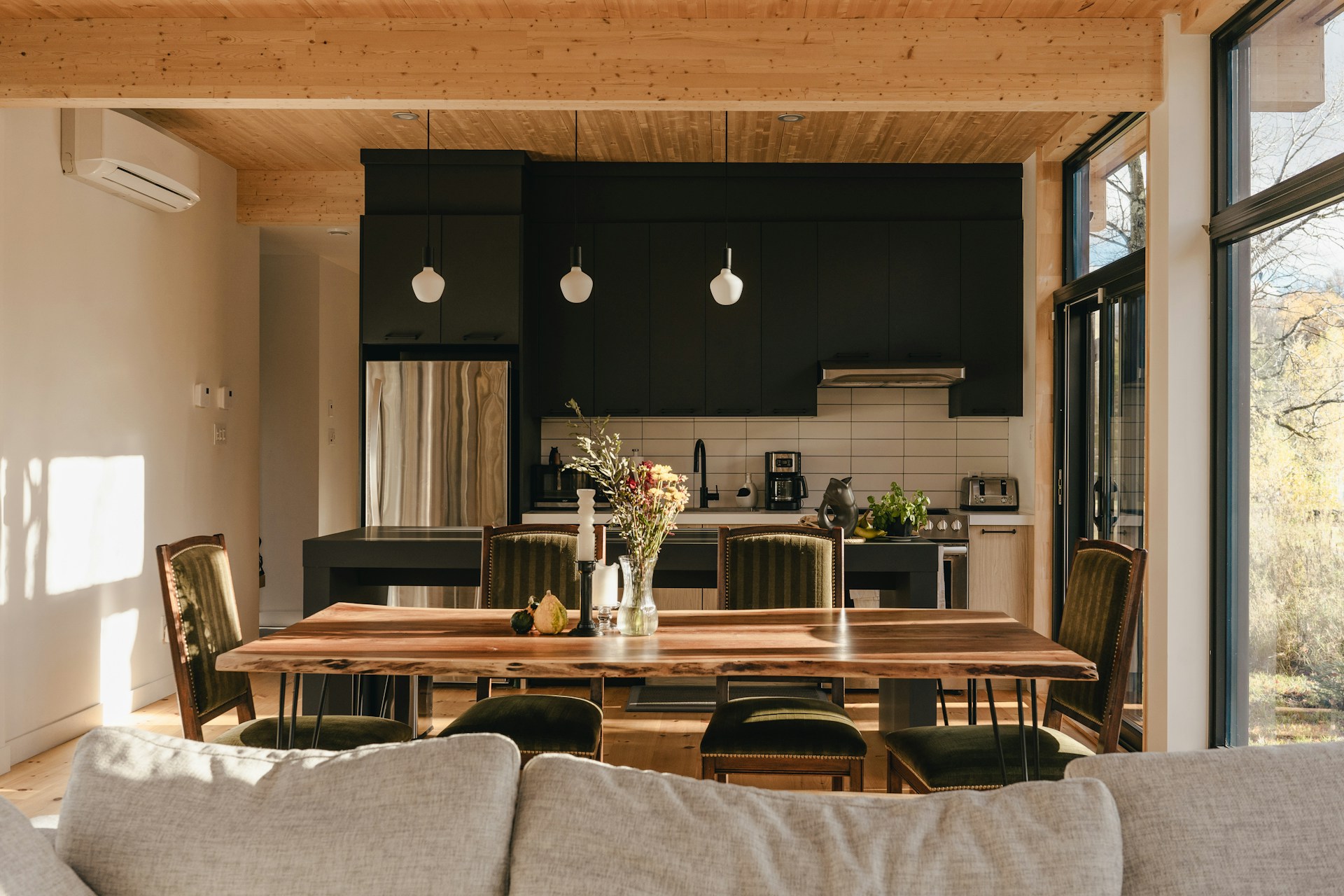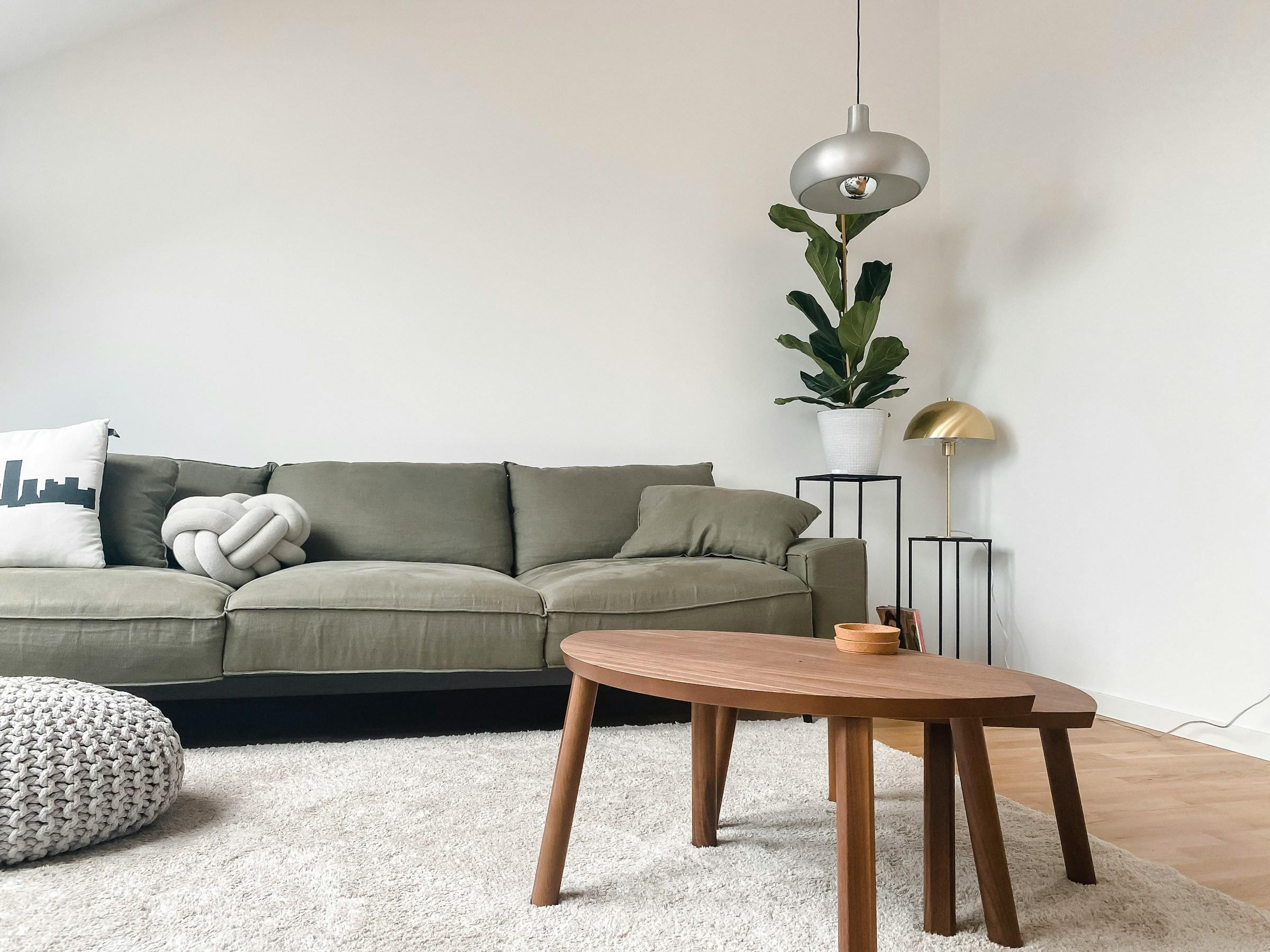Buying a home is often described as a milestone, a sign that you are finally settled and responsible. What does not show up on the showroom brochure is the long tail of monthly payments, maintenance costs and trade offs that follow every mortgage decision. If you want to stay financially healthy, the question is not just whether you can get the keys, but whether your wider money plan still works after you move in.
The starting point is cash flow. Before you even look at listings, map your income and expenses over a typical year. Include irregular items such as insurance premiums, festive spending, vacations and annual school fees if you have children. The number that matters most is how much truly flexible cash you have each month after essentials and long term commitments. Many households underestimate this and end up with a mortgage that absorbs every spare dollar. A safer rule of thumb is to keep total housing related payments within a comfortable fraction of your take home pay, leaving room for saving and unforeseen costs. If your numbers are already tight before a mortgage, that is a signal to slow down the search rather than stretch your budget.
Next, consider the stability and source of your income. A dual income household where both partners have relatively secure employment has a different risk profile from a single income family or a self employed buyer with variable earnings. If you work on commission, in gig work or in a young industry, you may want a more conservative loan size even if the bank is willing to lend more. Ask yourself how many months you could sustain the mortgage if one income temporarily disappears. Financially healthy home ownership assumes that income can fluctuate and builds in a buffer instead of relying on the best case.
Your emergency fund is another critical piece. Ideally, before committing to a home, you should hold several months of living expenses in accessible savings, separate from your down payment. That buffer is what helps you service the mortgage during a job transition, medical issue or other shock without rushing into high interest debt. Some buyers empty their entire savings to cover the down payment and legal fees, then move into the new home with almost nothing left in cash. On paper the purchase succeeded. In reality, the household becomes extremely fragile. If your emergency fund would fall to near zero after the transaction, it may be wiser to delay or target a lower priced property.
The structure of your existing debts also matters. List every ongoing obligation, including car loans, personal loans, education loans, credit card balances and instalment plans. Even if monthly instalments seem manageable today, layering a mortgage on top can shift the entire picture. In many markets, regulators already impose total debt servicing limits as a percentage of income. Beyond those rules, ask a personal question: how comfortable are you with the idea that a large part of your future earnings is already promised away for decades. Reducing or clearing high interest consumer debt before taking on a home loan is one of the most effective ways to protect your future cash flow.
Then there is the issue of time horizon. A home is not just an address but also a long term commitment. How long do you realistically expect to stay in this property. If you are likely to relocate within a few years because of career paths or family plans, buying may expose you to transaction costs, potential price volatility and the risk of owning a place you no longer live in but must still finance. On the other hand, if you have a high degree of confidence about staying for at least a medium term, the costs of purchase and sale can be spread over more years of use, which improves the financial logic. Thinking honestly about mobility, children, caregiving and retirement plans can prevent mismatches between the property choice and your life stage.
The type of property and its associated running costs are another important consideration. A larger home or a landed property can feel aspirational, but maintenance, utilities, renovation and furnishing costs scale with size and complexity. Condominiums with extensive facilities often come with higher monthly management fees. Older properties may require more frequent repairs. These ongoing expenses can quietly absorb funds that might otherwise go to investing for retirement or funding education. When comparing options, try to estimate not only the mortgage but also an annual budget for upkeep. A slightly more modest apartment that is cheaper to run may leave you healthier financially over the long term than a showpiece home that demands constant cash.
Loan choice is also central to financial health. Fixed or floating rate, loan tenure and prepayment conditions will all shape your future flexibility. A longer tenure lowers the monthly instalment but increases total interest paid. A shorter tenure reduces lifetime cost but demands more cash flow month by month. If interest rates are volatile, locking in a fixed rate for part of the tenure may provide peace of mind at the cost of slightly higher initial pricing. Before signing, read the conditions on refinancing, repayment penalties and any special clauses that could affect you if you decide to sell or restructure the loan. Borrowing within your comfort zone is more important than maximising leverage simply because a bank is willing to approve it.
For many buyers, government schemes, grants and tax benefits play a significant role in affordability. These mechanisms can meaningfully lower entry costs or monthly burdens, but they also come with rules and trade offs. There may be minimum occupation periods, restrictions on renting out the property, or conditions linked to citizenship or income thresholds. Understanding these in detail helps you avoid surprises later. It also prompts a broader question: are you buying primarily to secure a stable home under these schemes, or are you stretching for a property mostly because the incentives make it feel like a limited time opportunity. Financial health improves when policy tools are used to support a plan you already have, not when the plan is shaped entirely around the policy.
Insurance and risk protection are often overlooked before purchase. Once you commit to a mortgage, you are also committing your future income streams to servicing that loan. Ask how your family would cope if the main earner passes away or becomes unable to work. Mortgage reducing term insurance, life insurance and disability coverage can be aligned so that in a worst case event, the outstanding loan is cleared or the income gap is supported. The aim is not to buy every possible product, but to ensure that one serious shock does not force a distressed sale of the home. Thinking through these scenarios may feel uncomfortable, yet it is part of staying financially healthy as a homeowner.
Long term goals should also be revisited. Home ownership is one pillar of a financial plan, not the entire structure. If servicing the loan leaves you with little room to contribute to retirement savings, invest for long term growth, or support other priorities such as children’s education, you may be over concentrating on property. It helps to map out parallel tracks: your housing plan, your retirement plan, your education or caregiving responsibilities, and your own career development. The right home is one that fits into this wider picture without crowding out everything else.
Finally, consider your personal tolerance for financial stress. Some people sleep well knowing they are maximally stretched to own a dream home because property is their top priority. Others feel anxious when their monthly obligations leave little flexibility. There is no single correct number. What matters is alignment between the home you choose, the loan you take and the way you want to live. If the thought of an unexpected bill or a temporary pay cut already makes you uneasy when you run the numbers, that discomfort is worth listening to.
Looking at what to consider before buying a home to stay financially healthy is ultimately about slowing down the decision. Instead of focusing only on eligibility, visit your budget, your buffer, your time horizon and your wider goals. A home can be a powerful anchor for your life, but it should not become a financial anchor that keeps you from moving when you need to. Careful planning before you buy gives you a better chance of enjoying the space you live in and the financial stability that supports it.














